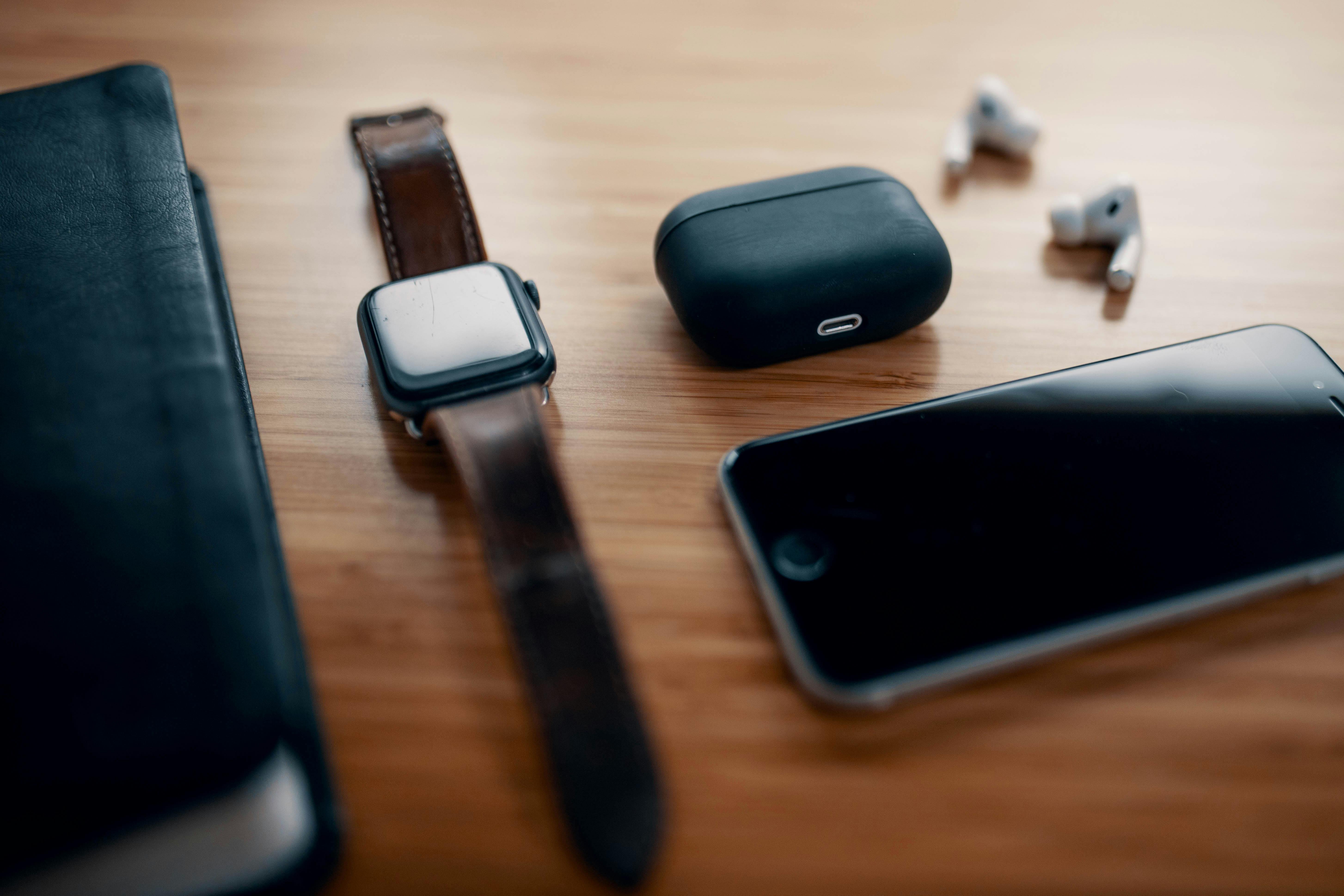Painful Piles – Hemorrhoids
Ask:
I suffer from internal hemorrhoids, which have gotten progressively worse since I had my two children. I have tried everything without success. I’m terrified at the idea of surgery, although I don’t know exactly what it would entail. Please could you advise me?
Answer:
Piles, or hemorrhoids as they are known medically, are distended veins, like varicose veins in the legs, located in the lower parts of the rectum, intestine, and anus. Internal hemorrhoids are located in the cavity of the intestine, in the anus or rectal area; the external ones, which are the most common, protrude outside the anus. This condition is not serious, but the symptoms, which include bleeding, itching, and discomfort with bowel movements, are distressing and can be deeply uncomfortable or painful. If you have bleeding from your anus, you should see your doctor right away, as it could be an indication of something more serious.
Hemorrhoids are caused by pressure on the veins, causing them to swell. It’s like a balloon: if you blow it up again and again, the shape and size change. Piles are usually the result of constipation, pregnancy, carrying heavy objects, and being on your feet for a long time. When you’re constipated, you strain to pass stool, which is often hard or sticky, and it increases downward pressure on your veins, causing the walls to distend. It is very common to develop hemorrhoids after having children, as in your case.
Pregnancy causes particular problems during the third trimester, when the weight of the fetus on the veins of the colon and rectum can cause strain; then, during labor, the intense pressure is directed downward, further stretching the walls of the veins. In most cases, hemorrhoids due to pregnancy disappear shortly after delivery.
Internal hemorrhoids bleed more easily, as hard stools scratch their walls and cause abrasions. However, it is the external hemorrhoids that can cause the most discomfort, because the mucus in the anal tissue dries up, forming salt and protein crystals, which itch like crazy. Then, when the ring of muscles called the anal sphincter closes after a bowel movement, it strangulates the external hemorrhoids, sometimes causing persistent pain, even at night. Pain means that the passage of stool causes more discomfort and may involve more bleeding. In fact, hemorrhoids are a common cause of anemia due to chronic daily blood loss.
Conventional medical treatment may consist of topical corticosteroids or suppositories to reduce swelling and itching and/or an anesthetic spray to help relieve pain. If this doesn’t work, small internal hemorrhoids can be treated with sclerotherapy, where a solution is injected into the affected area that causes the veins to constrict; alternatively, a band is placed around the base, causing the hemorrhoid to shrink and fall off. If these measures fail, doctors may consider treatment with electric, laser, or infrared heat or surgical removal, which can be very uncomfortable. Although the surgery is performed under general anesthesia, the wound cannot be stitched due to the risk of infection in this germ-filled area, leaving the patient with a large and painful wound.
Anyone with hemorrhoids needs to act immediately. Don’t let hemorrhoids grow. The most important thing is to change your diet to ensure soft stools, which will make your life much easier.
Here are my suggestions:
* Drink two liters of pure still water daily, mainly between meals; but avoid swallowing a lot of water at once, as it can make you feel sick.
* If you are prone to constipation, eat one serving of the following daily: papaya, figs, prunes, bananas, beets, spinach, and bran.
* Avoid acidic foods, including citrus, chili peppers, excess salt, coffee, and alcohol.
* If you are severely constipated, take one tablet of Qurs Mullayan, an herbal supplement to aid bowel movement, at bedtime for three months.
* Also, take one to two tablespoons of isabgol psyllium husks in a glass of water before bedtime. Drink fast as it turns to jelly in seconds.
* Take one Hamdroid tablet twice daily, an herbal supplement to help heal and prevent hemorrhoids, for two months.
* After going to the bathroom, use a damp tissue to clean the area, as hard or rough paper can cause abrasions. After cleaning, push the hemorrhoids into the rectum where they will remain moist. This may hurt at first, but they will heal better inside the body.
*Do this exercise: contract and release the anus 20 times, three to four times a day: You can do it in any position.
* If hemorrhoids hurt, apply ice cubes.
